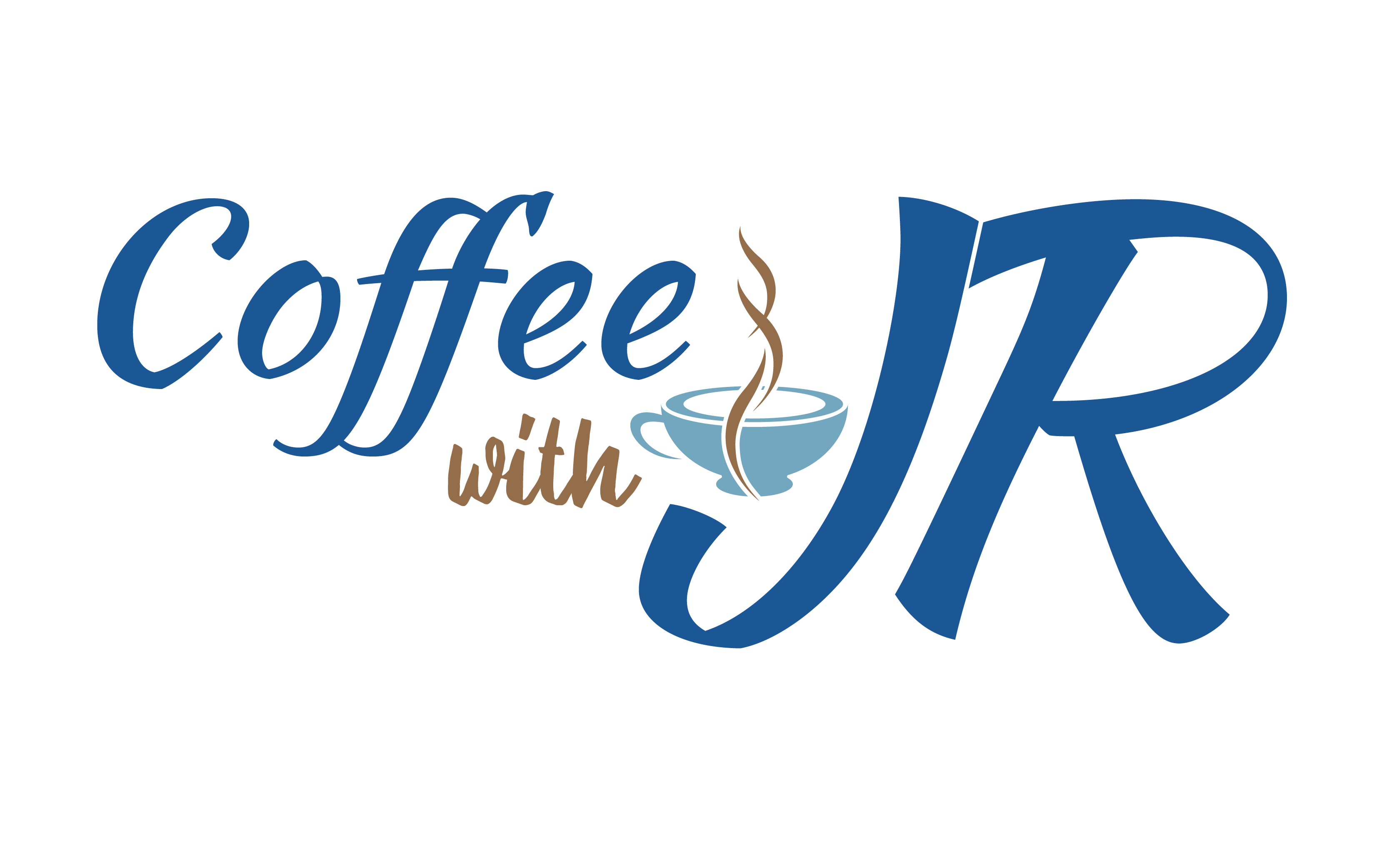
Toxic Positivity
Lately, I have been hearing folks talking about “toxic positivity” a lot. Here are my thoughts about this topic.
One of my favorite authors, Susan Cain, touched upon toxic positivity in her books. She describes it as the “tyranny of positivity.” Here is an excerpt from Cain’s GQ interview in April 2022:
The consensus became that the reasons for failure had to do with something inside you—and the more important it became to have the emotional effect of a successful person, somebody who is unfailingly cheerful and positive, and acted like a winner. We started to divide people into winners and losers. You can trace this through the use of the word loser. A loser used to be just somebody who had lost. Then it came to mean somebody who had the soul of a loser, somebody who was predisposed to lose. Once you believe that, you’re going to try your hardest not to act like someone who has experienced loss because that’s seen as a failure of character.[i]
One of the ways that I interpret Cain’s tyranny of positivity is that it is a social construct that has been created by men/people to reinforce classism in our society. This classist paradigm prioritizes material success over an individual’s mental health and well-being by masking it as “positive” or optimistic.
We live in a society that is driven by superficial and superfluous perfection and material wealth. The fancier the car you have, the more perceived success you have. The influence of social media makes people want to show off only the “good” aspects of their life or pretend they are well off. The societal and marketing schemes create a FOMO mindset in people and in return folks are enticed to buy the newest phone every year, the latest fashionable pair of shoes, or whatever the new trend is. The get-rich-quick way of thinking ignores the important fact that real wealth requires discipline, patience, and hard work. Ultimately, if you don’t pursue and achieve these material goals, then you are perceived as a loser.
This pursuit of material wealth compels people to seek what’s outside of them fulfilling other people’s expectations. They believe these external “things” are the solution to their happiness, insecurity, and misery.
The lack of inward inspection and reflection, I believe, is the primary cause of toxic positivity. People feel guilty or ashamed for experiencing sadness or anger because they are weak; dismissing one’s own mental health challenges, believing that they can be overcome simply with their own willpower or seeking external validation; invalidating other people’s difficult feelings or struggles because either they don’t know how to respond or perceive them as incompetent; ignoring problems by refusing to acknowledge changing trends and other people’s suggestions and pretending everything is fine, and suppressing painful emotions instead of learning to heal from within.[ii] Ultimately, toxic positivity is the result of mental health stigma and the unwillingness to look within and tackle uncomfortable yet important challenges.
“Yes…and…” is a core principle in improv theater that I learned years ago. We live in a very dichotomous society and mentality and we like to think and function in a right or wrong and good or bad world. There is definitely a place and need for this contrast. At the same time, this duality oftentimes derives from the scarcity and “either/or” mindset. The “Yes…and…” principle allows us to recognize that it’s ok to experience different feelings at once. We can undergo depressive episodes at the same time feeling hopeful; we can be excited about the new promotion and have impostor syndrome; and we can enjoy material things and engage in our inner work. Being able to be comfortable in the gray zone can help us to avoid toxic positivity.
Another tool to fight off toxic positivity is to avoid the obsession for perfection. Continual improvement and growth are a must. On the other hand, the desire to be perfect can create tremendous and unnecessary pressure. The pressure of being perfect often leaves no room for failure. Our ability to fail and learn from the failure is an essential part of human experience and growth. Thus, allowing yourself to step outside your comfort zone and experiment with different and new experiences can help you stay true to yourself and steer clear from pretending that everything is good.
Photo by Monstera

Recent Comments